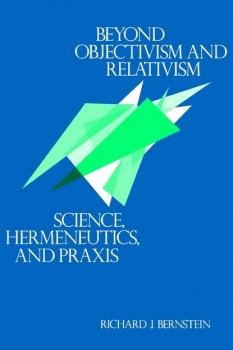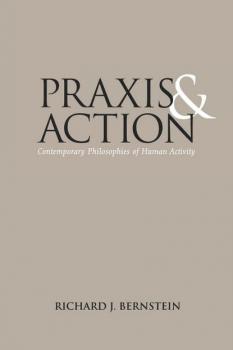Richard J. Bernstein
Список книг автора Richard J. BernsteinFreud und das Vermächtnis des Moses
Richard Bernsteins «Freud und das Vermächtnis des Moses» ist nicht nur ein fundierter Kommentar zu Freuds Engführung von Religionsgeschichte und Psychohistorie, sondern stellt auch den vorläufig letzten Höhepunkt im Rahmen der (post-)modernen Neubewertung des Freud'schen Œuvres dar.
Philosophical Profiles
Philosophical Profiles brings together ten important essays by Richard Berstein. Each focuses on the work of a thinker or group of thinkers at the center of contemporary developments in philosophy, including Hannah Arendt, John Dewey, Hans-Georg Gadamer, Jurgen Habermas, G.W.F. Hegel, Alasdair MacIntyre, Herbert Marcuse, and Richard Rorty.
Beyond Objectivism and Relativism
Drawing freely and expertly from Continental and analytic traditions, Richard Bernstein examines a number of debates and controversies exemplified in the works of Gadamer, Habermas, Rorty, and Arendt. He argues that a «new conversation» is emerging about human rationality—a new understanding that emphasizes its practical character and has important ramifications both for thought and action.
Praxis and Action
From the Introduction: This inquiry is concerned with the themes of praxis and action in four philosophic movements: Marxism, existentialism, pragmatism, and analytic philosophy. It is rare that these four movements are considered in a single inquiry, for there are profound differences of emphasis, focus, terminology, and approach represented by these styles of thought. Many philosophers believe that similarities among these movements are superficial and that a close examination of them will reveal only hopelessly unbridgeable cleavages. While respecting the genuine fundamental differences of these movements, this inquiry is undertaken in the spirit of showing that there are important common themes and motifs in what first appears to be a chaotic babble of voices. I intend to show that the concern with man as an agent has been a primary focal point of each of these movements and further that each contributes something permanent and important to our understanding of the nature and context of human activity.



